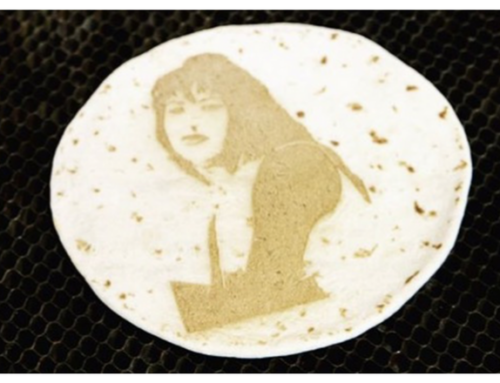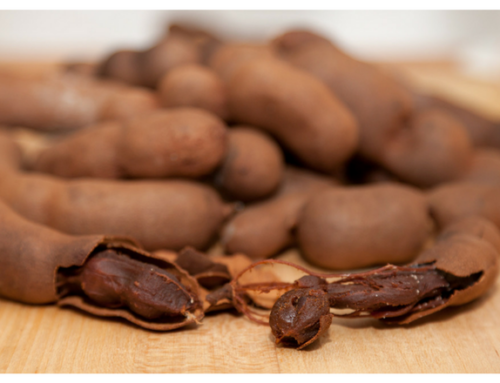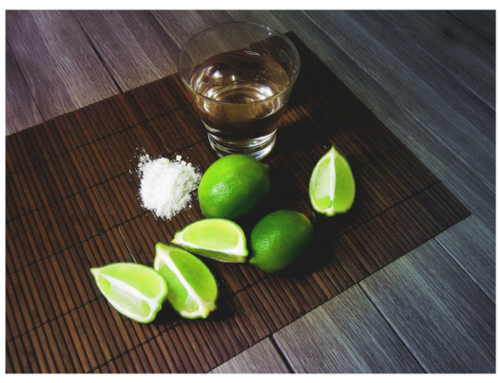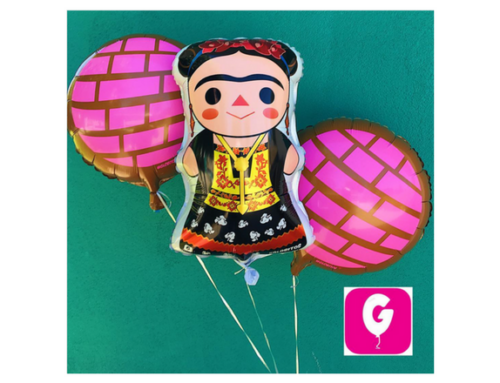For Colombian chef Charlie Otero, earning a Michelin Star is not the most important way to prove oneself as a cook. His mother and grandmothers, although never professional chefs, are his cooking idols because of the full flavor of their dishes, their pride in Colombian cuisine, and their gracefulness in the kitchen. Growing up in Cartagena, Otero’s best memories were of cooking with his mother and grandmothers before sitting down at the table for the “communion.”
Otero carries on his family’s cooking traditions at La Comunion, whose name is a nod to the ceremonious style of eating in his family. The restaurant uses local ingredients and flavors to break down class lines in seaside Cartagena, where the food served in the streets and middle class dining room tables has never overlapped.
“I don’t like to call my food high dining because I don’t think that cooking can be high class or low class,” Otero says. “It’s only good or bad.”
But Otero’s class-blind way of thinking has not always been the norm in Colombia and Latin America where cuisine often demarcates social lines. Colombia in particular has a rich combination of food influences, each carrying its own stereotypes. Tropical fruits and fish come from both the Caribbean and Pacific coasts. Spanish colonization, the slave trade and Arab migration all brought new flavors to the country. These food cultures remained segregated and Otero is bringing them all together. [pagebreak]
No item demonstrates Otero’s desire to push boundaries more than ponche, a large rodent native to South America often eaten by locals but rarely ever presented on fine china at a restaurant.
Otero prepares it in two different styles— in a garlic, onion and sweet pepper broth or with zinfandel wine and Caribbean spices. For now, it must be ordered in advance as a restaurant special until it becomes a menu best-seller. Otero is hoping that taking ponche and other local ingredients from homes to restaurants can change stereotypes about certain foods in Colombia and the people who eat them.
“I believe that food has the power to transform the heart,” Otero says. “Whatever has the power to capture the heart, can do anything.”
As Otero scours Cartagena’s open-air market, hunting for ingredients he can transform into culinary masterpieces that showcase Colombia’s culture, he keeps this in mind. He hopes to introduce Colombians and tourists to the roots of the country’s cuisine. Tourists are currently the biggest customer base in La Comunion, but Otero hopes to see a shift as more Colombians embrace the country’s culinary traditions.
“The day that more Colombians go to restaurants with Colombian food, something important will be happening to the national gastronomy,” Otero says. “This can’t just be the craft that is sold to foreigners. Colombians should also honor their own [food] and be proud of their culture.”
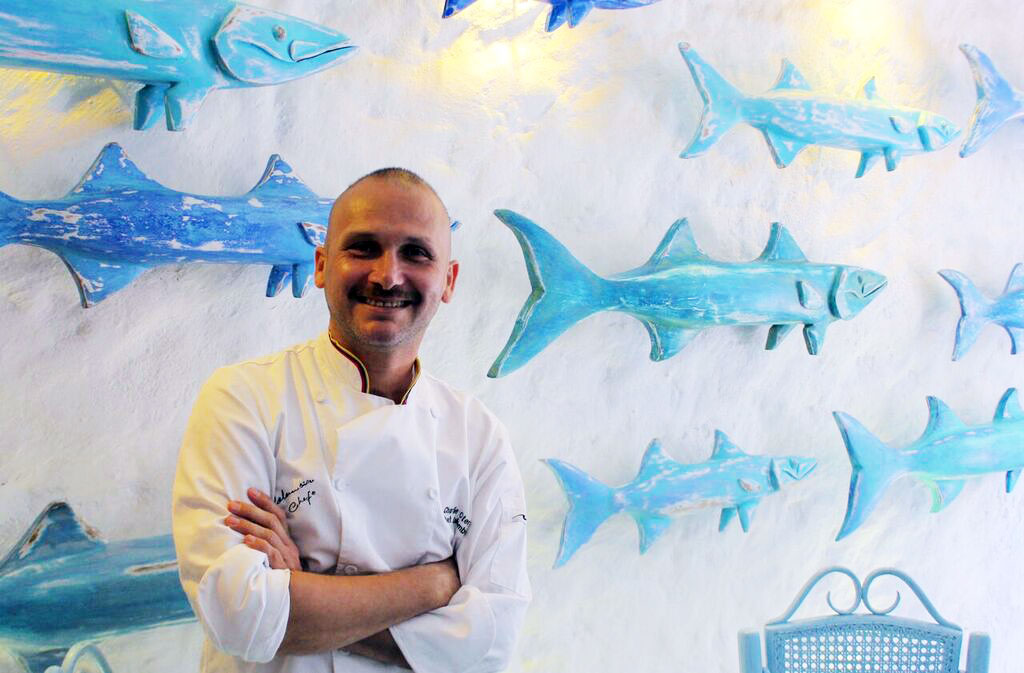

![Making Mealtime Matter with La Familia: Easy Sofrito [Video]](https://thelatinkitchen.com/wp-content/uploads/2015/10/sofrito-shutterstock__0-500x383.jpg)
![Easy Latin Smoothies: Goji Berry Smoothie [Video]](https://thelatinkitchen.com/wp-content/uploads/2015/12/goji_berry-shutterstock_-500x383.jpg)
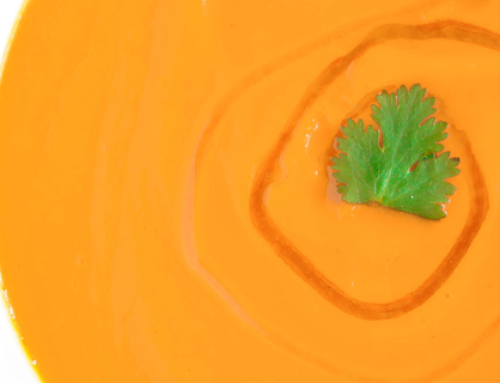




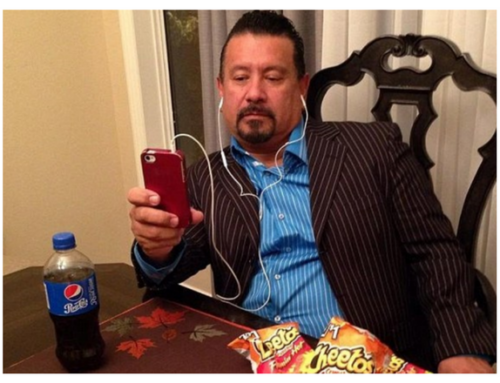
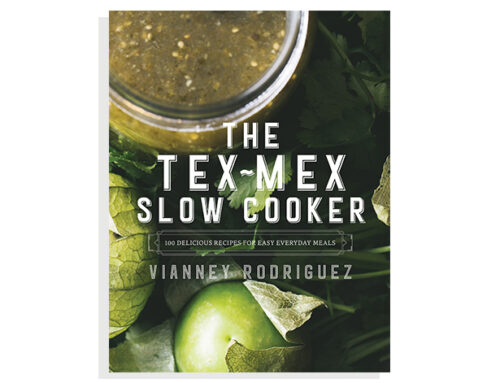
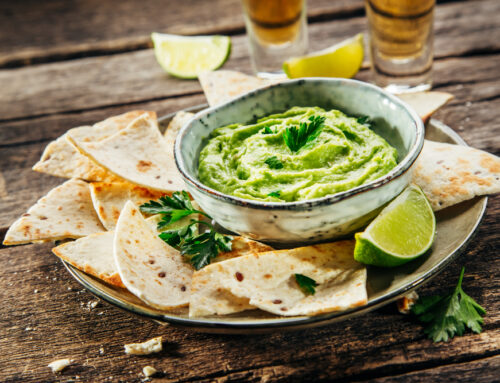

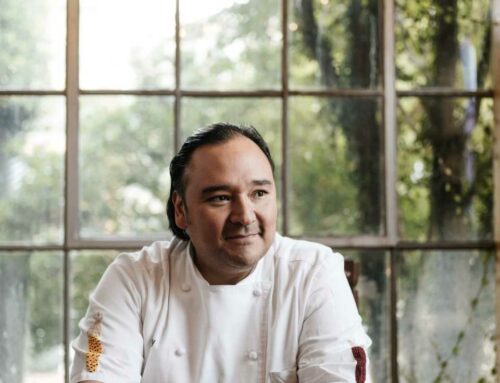

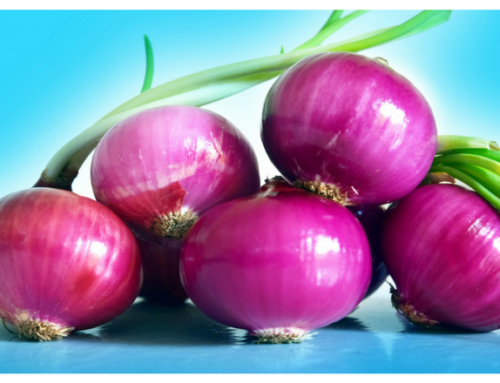




![Fun and Fast Recipes: Fiesta Cabbage Salad [Video]](https://thelatinkitchen.com/wp-content/uploads/2015/11/fiesta_cabbage_slaw-shutterstock_-500x383.jpg)
